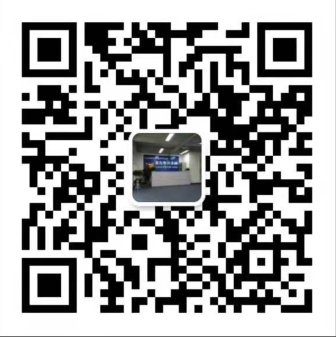上一篇文章为大家介绍了部分虚拟语气的用法总结,这篇文章小普为大家继续总结虚拟语气的知识点!
》》》用于宾语从句
一、用于 wish 后面的宾语从句
wish 后面的宾语从句可以表示与事实相反的情况,也可以表示将来不太可能实现的愿望。其宾语从句的动词形式为:
1. 与现在事实相反,从句用动词的过去式(be的过去式用were)。
2. 与过去事实相反,从句用had+过去分词。
3. 与将来事实相反,从句用would+动词原形。
I wish it were spring all the year round.
We wish we had arrived there two hours earlier.I wish it would rain tomorrow.
二、用于强烈语气后的宾语从句
在 insist, order, command, advise, suggest, propose,demand, require, request,ask 等表示“坚持”、“命令”、“建议”、“要求”等动词后的宾语从句用虚拟语气“(should) +动词原形”。
He insisted that I (should) go with them.
He ordered that it(should) be sent back.
注意:如果insist作“坚决主张;坚持要求”讲,接that从句(从句的动作为将要发生之事)时,从句常用虚拟语气,即“(should)+动词原形”,而表示“坚持说;坚决认为”,接that从句(从句的动作多为已发生之事)时,从句使用陈述语气。suggest作“建议”讲时其宾语从句中要用虚拟语气,即“(should)+动词原形”,而作“暗示”、“表明”讲时则要用陈述语气。
He insisted that we(should) accept these gifts.
He insisted that I had read his letter.
She suggested that the class meeting(should) not be held on Saturday.
What he said suggested that he was a cheat.
三、用于would rather后面的宾语从句
从句谓语一般用过去时来表示现在或将来。在谈到过去的动作时,从句谓语则用过去完成时。
I'd rather you met her at the airport tomorrow morning.
I'd rather you hadn’t told him the news that day.
》》》用于主语从句
“It is+形容词/名词/分词+that从句”句型在表示“惊奇,不相信,惋惜,理应如此”等时,主语从句的谓语动词用虚拟语气,即用“should+动词原形”。这样的形容词有necessary,important,natural,strange等;分词有desired,suggested,decided,ordered,requested,proposed等;名词有a pity,a shame等。should意为“应该;竟然”时,可以省去,但不可换用would。
It is necessary that he(should) be sent there at once.
It was a pity that you(should) be so careless.
It is suggested that he(should) be present.
》》》用于if only引起的感叹句
if only表示“如果⋯⋯就好了”,它之后的感叹句常用来表示一种不太可能实现的愿望或向往,因而常用虚拟语气,用过去时表示对现在情况的虚拟,用过去完成时表示对过去情况的虚拟,用would/should+动词原形表示对将来情况的虚拟。
If only she could have lived a little longer.
Look at the trouble I am in! If only I had followed his advice.
I dread the coming exams.If only I could have time to review my lessons.
》》》用于表语从句和同位语从句
在含有advice,idea,order,demand,plan,proposal,suggestion,request等名词的表语从句和同位语从句中,其谓语动词一般用虚拟语气(should)+动词原形结构。
My suggestion is that we(should) start to work at once.
What do you think of his proposal that we(should) put on a play on the English evening?
》》》用于as if/though引导的方式状语从句
在as if/though引导的方式状语从句中,有时用虚拟语气。表示与现在事实相反,谓语动词用一般过去时;表示与过去事实相反,用过去完成时;表示将来的可能性不大,用“would(might,could)+动词原形”。
They treat me as though I were a stranger.
》》》用于定语从句
在It is (high/about) time (that)⋯句型中,定语从句的谓语动词用过去式或“should+动词原形”(should不能省略,be用were表示),意为“早该”。
It is time we left.
It is high time you should go to work.




